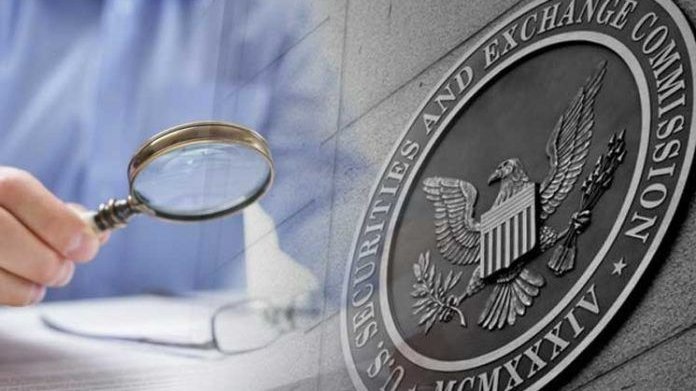SEC Raises Concerns Over Jury Verdict Involving KWON and TERRAFORM LABS, Seeks Summary Judgment

The Securities and Exchange Commission (SEC) is challenging the claims made by Terra Finance Company and seeking a ruling. The disruption of the Terra ecosystem is attributed to both internal and external factors. Terraform Labs alleges the involvement of Citadel Securities in the delinking of UST. The SEC is seeking an expedited judgment in the ongoing legal battle against Do Kwon and Terraform Labs, challenging the recent jury verdict that the regulatory body deemed lenient. The SEC claims that Kwon played a central role in misleading cryptocurrency investors and marketing Terra and its internal currency Luna as securities. The case, which revolves around violations of Section 10(b) and Rule 10b-5 of the Securities Exchange Act, takes a new turn as the parties continue to dispute the classification of various Terra assets. The SEC expressed dissatisfaction with the findings of the jury regarding the alleged violations by Terraform Labs. The regulatory agency asserts that Kwon should be held responsible for the actions of Terraform and its violations under Section 20(a) of the Securities Exchange Act. The filing stated, “An objective jury cannot conclude that Kwon was not responsible for Terraform’s violations of Section 10(b) of the Securities Exchange Act and Rule 10b-5 under Section 20(a) of the Securities Exchange Act.”
SEC vs. Terraform Labs: The Battle over Cryptocurrency Asset Classification
The SEC’s argument is rooted in the evidence it presented, which it believes clearly demonstrates Kwon’s involvement in misleading investors by promoting Terra as securities along with its native tokens. The agency asserts that Kwon’s actions contributed to fraudulent practices that ultimately led to the downfall of Terraform Labs. Do Kwon and Terraform Labs have not backed down; they have requested the judge dismiss the lawsuit brought by the SEC, asserting that Terra Classic (LUNC), Terra Classic USD (USTC), Mirror Protocol (MIR), and its matching assets (mAssets) do not qualify as securities, as claimed by the SEC.
Their defense is based on the argument that these assets do not meet the criteria of securities under existing regulations. Terraform Labs and Kwon assert that their offerings were not securities but unique digital assets with distinct utility and characteristics. The Securities and Exchange Commission remains steadfast in its position that Kwon and Terraform Labs did indeed offer and sell securities. Additionally, the regulatory body accuses them of engaging in unregistered transactions involving LUNA and MIR tokens, along with allegations of fraud committed by parties involved in the asset-related transactions.
The ongoing dispute highlights the complexity of classifying digital assets within the rapidly evolving cryptocurrency landscape. The SEC’s case hinges on whether the Terra tokens and assets should be considered securities subject to regulatory oversight or distinct digital assets with different legal status. Meanwhile, as the legal battle unfolds, the defense lawyer for a Terra founding contributor, Daniel Shin, attributed the collapse of the Terra ecosystem to what he termed “the unreasonable operation of the Anchor Protocol and the external attacks executed by Do-hyung Kwon.” This indicates that both internal and external issues played a role in the challenges faced by Terra. Furthermore, Terraform Labs recently leveled accusations against market-maker Citadel Securities, claiming its involvement in a “concerted and deliberate effort” to delink the stablecoin TerraUSD (UST) in 2022. This accusation further adds to the complex narrative surrounding Terra’s struggles and sheds light on the controversial nature of the cryptocurrency industry.
Disclaimer: The provided information is not financial advice. chinwa.tech does not bear any responsibility for any investments made based on the information provided on this page. We recommend consulting a qualified specialist before making any investment decisions.



